Questions about ‘the world of tomorrow’, the world after the Covid-19 crisis, are being asked almost obsessively. Analysts are vying to outdo each other so that in a few months’ time they will be able to announce smugly: ‘I told you so.’ Perhaps we should rather face up to a wiser assessment, one that is more profound and more serious: there will be no world tomorrow. The world is dead.
Of course, something will endure. There will be no sudden disappearance of the stars or planets, mountains or insects, forests or humans. This is an entirely different issue: as described particularly in the theories of the philosopher Jean-Luc Nancy, the concept of mundus in Latin or cosmos in Greek demands the existence of a transcendental commonality – a shared order and meaning. It is this, so it seems, that has now been lost.
The hypothesis would therefore go as follows: the world is dead. Not in the sense that Nietzsche, with a sort of gleeful and nihilist mischief, announced the death of God. What we have here is not a deicide but a cosmocide. Something no doubt simpler, perhaps more performative, certainly more immanent, this paradoxical meta-murder opens up as many possibilities as it closes down.
Why would the world disappear now? Firstly, of course, because it is understood here as a human conceptual entity and not something essentialised with a value of its own. Words are never in a non-equivocal relationship with things. Things, for that matter, probably do not exist independently of their relationship with each other. What meaning could the absoluteness of ontology have independently of any symbolic or even organic referential chain? In this sense, the world is indeed threatened as never before.
Wars, genocides, pandemics and even natural catastrophes have been legion throughout history. In a simplistic sense, nothing fundamentally new seems to be taking place today. It might be tempting to believe that in fact ‘globalisation’ allows humankind to ‘create a world’ more than at any other time. We all appear to live, after all, in a shared universe.

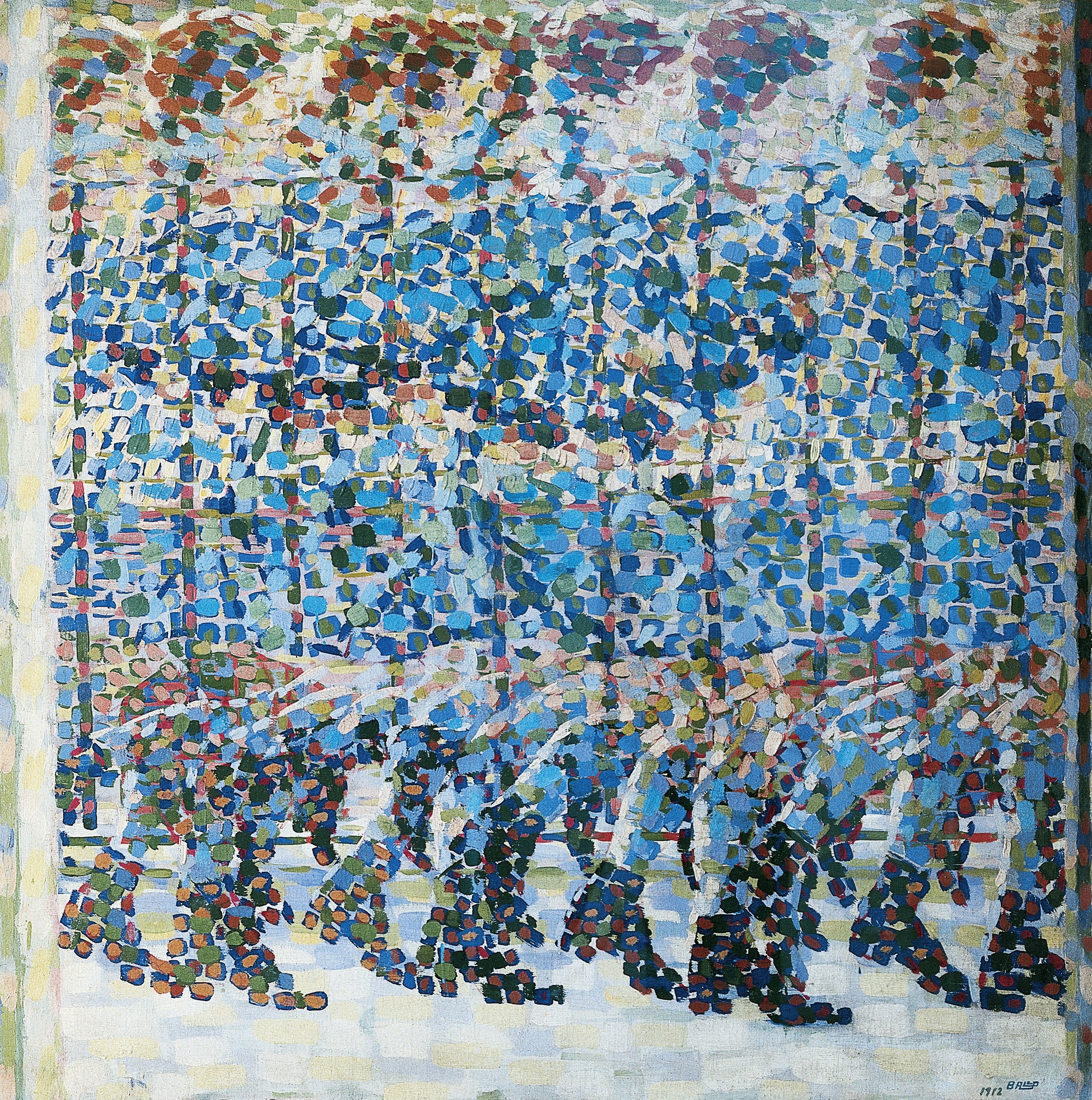
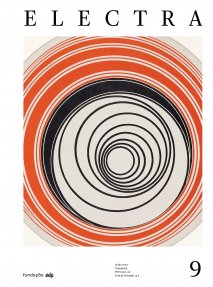
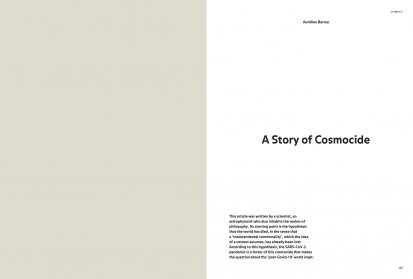

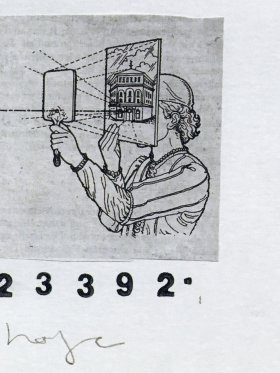
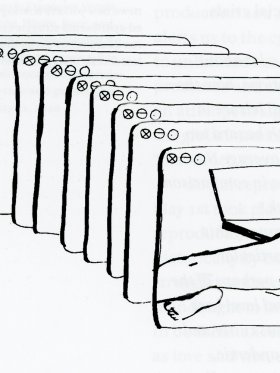
Share article